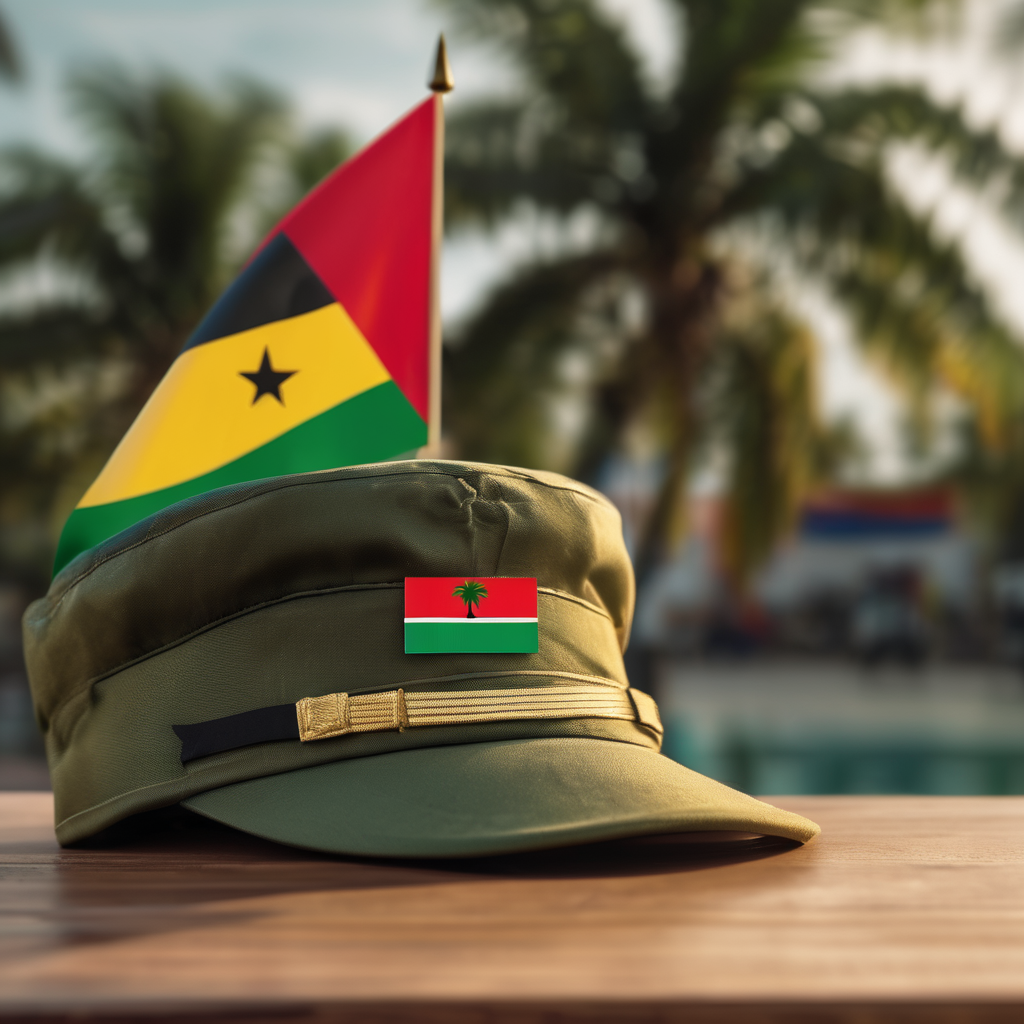In a dramatic turn of events, a group of military officers in Guinea-Bissau has announced their “total control” over the country just a day after the main candidates in a closely contested presidential election both claimed victory. The officers, identifying as the “High Military Command for the Restoration of Order,” made their declaration in a televised statement on Wednesday, suspending the electoral process indefinitely.
In their announcement, the military has enforced a closure of all land, air, and sea borders, alongside the imposition of an overnight curfew. This action comes in the wake of gunfire reported near crucial government locations, including the election commission’s headquarters and the presidential palace, amidst increasing tensions in the capital, Bissau.
The delayed results from the presidential vote, which took place on Sunday, were expected to be announced Thursday. The election primarily featured incumbent President Umaro Sissoco Embalo against his main opponent, Fernando Dias. Reports indicate that President Embalo has been arrested along with Domingos Simoes Pereira, the leader of the opposition PAIGC party. Eyewitness reports suggested an effort by the military to cut off internet access in the region, with further talk of a curfew being enforced.
Al Jazeera correspondent Nicolas Haque highlighted that Denis N’Canha, who led the coup and previously served as head of the presidential guard, was instrumental in the arrest of the president. “The man supposed to protect the president himself has put the president under arrest,” Haque stated.
The validity of the recent election has been called into question, particularly after the PAIGC party was barred from participating, leading civil society and observers to voice their concerns. Haque noted there was a looming stalemate over the election outcome, a situation that seemingly prompted the military’s intervention.
Both candidates, Embalo and Dias, had claimed victory, albeit with scant evidence. Embalo’s campaign spokesperson asserted that “there won’t be a second round,” while Dias declared through a social media video that he had won the election in the first round. This contentious scenario echoes the political instability following the last presidential vote in 2019, which also saw both primary candidates claiming victory, resulting in a protracted crisis.
As Guinea-Bissau navigates this political turmoil, the situation remains fluid, with international observers closely monitoring developments in the hope of a peaceful resolution.
